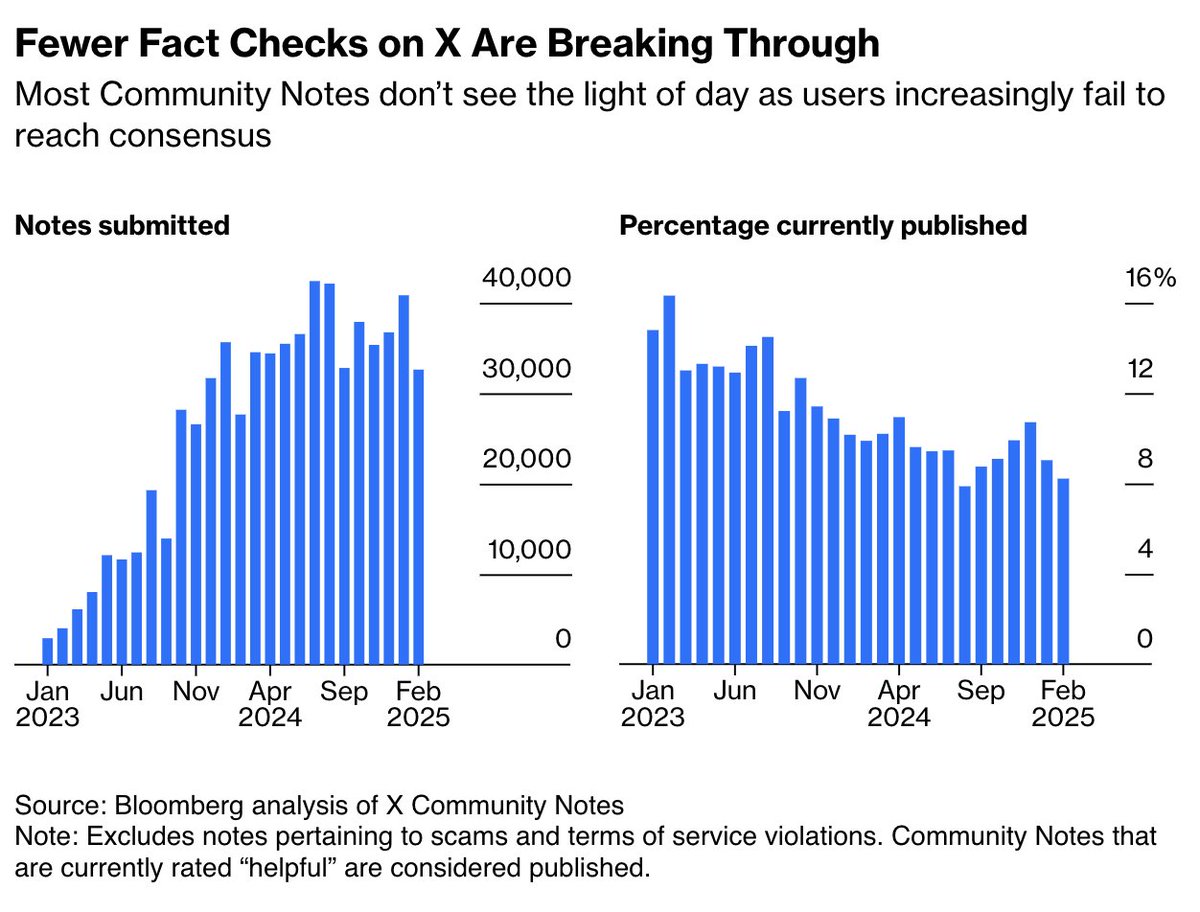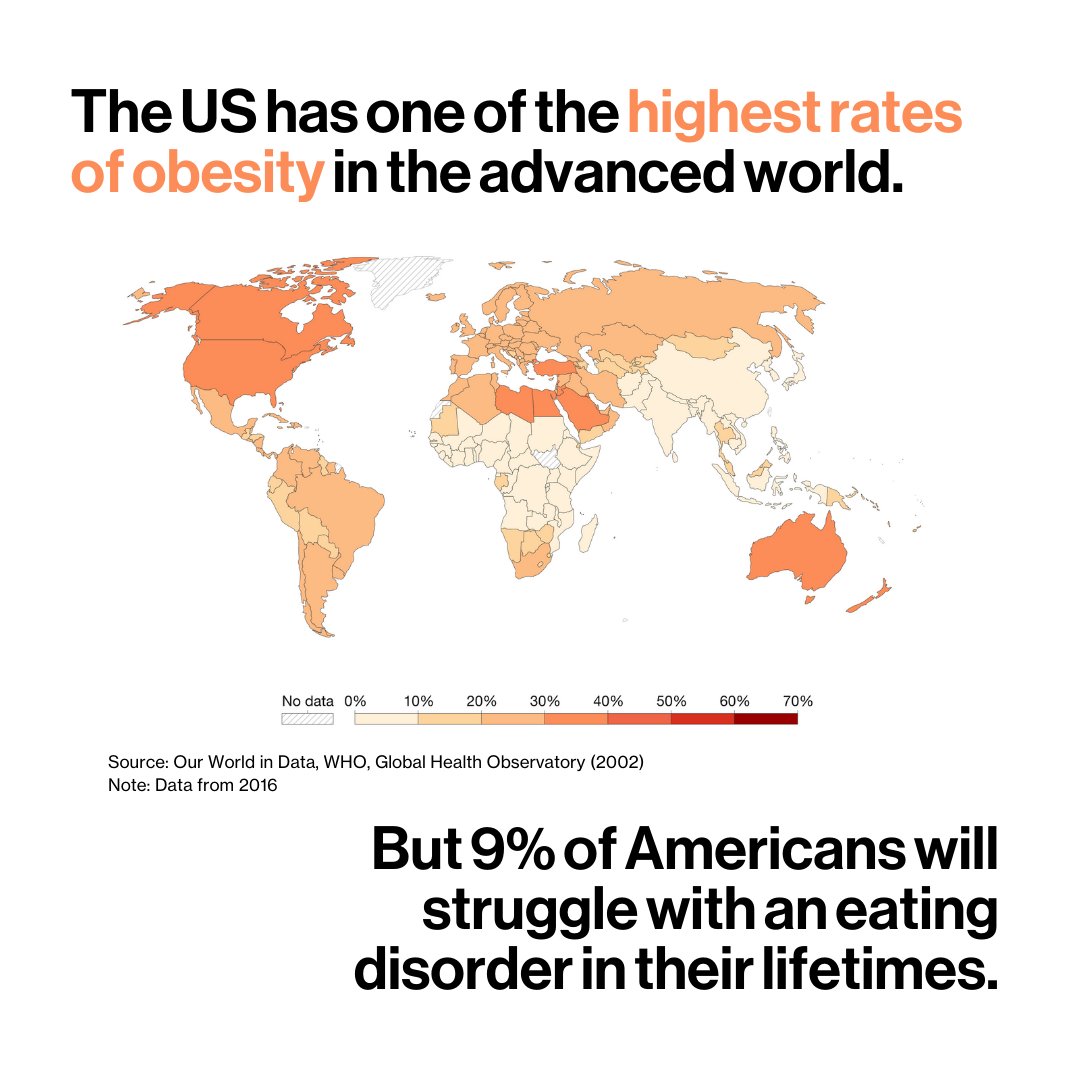Hawaii re-opened to tourists last year, and by mid-March the number of arriving domestic passengers exceeded 2020’s anemic levels by 400%.
A surge in visitors is undoubtedly good for the state’s hard-hit tourism economy. But is it good for Hawaiians? trib.al/7L5ymTd
A surge in visitors is undoubtedly good for the state’s hard-hit tourism economy. But is it good for Hawaiians? trib.al/7L5ymTd
A year after Hawaii's borders were first shut due to Covid, many locals have embraced a new normal:
🏖️Uncrowded beaches
🚦Free-moving traffic
🌊Cleaner air and water
In a recent poll, nearly half of Hawaiians said tourists are no longer worth the trouble trib.al/7L5ymTd
🏖️Uncrowded beaches
🚦Free-moving traffic
🌊Cleaner air and water
In a recent poll, nearly half of Hawaiians said tourists are no longer worth the trouble trib.al/7L5ymTd
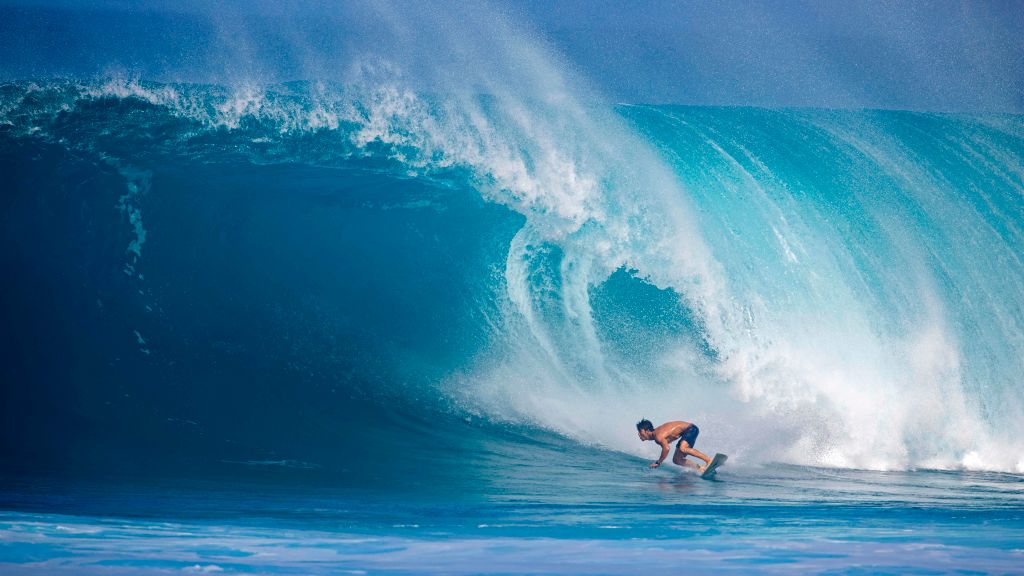
Around the globe, people living in tourist-dependent economies have spent Covid appreciating life free from the visiting hordes.
That is renewing a global debate about who exactly should benefit from tourism trib.al/7L5ymTd
That is renewing a global debate about who exactly should benefit from tourism trib.al/7L5ymTd

The travel industry has impacted climate change:
➡️Tourism accounted for fully 8% of global greenhouse emissions between 2009 and 2013
➡️Overcrowding of tourists contributes to environmental degradation and a steady exodus of locals trib.al/7L5ymTd
➡️Tourism accounted for fully 8% of global greenhouse emissions between 2009 and 2013
➡️Overcrowding of tourists contributes to environmental degradation and a steady exodus of locals trib.al/7L5ymTd

Hanauma Bay in Hawaii was once a remote site enjoyed by locals.
By the time Covid hit, it was receiving 1 million tourists a year.
Those visitors trampled corals and left behind 412 pounds of sunscreen per day in the waters trib.al/7L5ymTd
By the time Covid hit, it was receiving 1 million tourists a year.
Those visitors trampled corals and left behind 412 pounds of sunscreen per day in the waters trib.al/7L5ymTd

Diagnosing overtourism is easier than finding a cure.
Its contraction has been tough in smaller, emerging-market countries.
Some ecologically fragile regions saw devastating increases in wildlife poaching as tourists stayed home during the pandemic trib.al/7L5ymTd
Its contraction has been tough in smaller, emerging-market countries.
Some ecologically fragile regions saw devastating increases in wildlife poaching as tourists stayed home during the pandemic trib.al/7L5ymTd
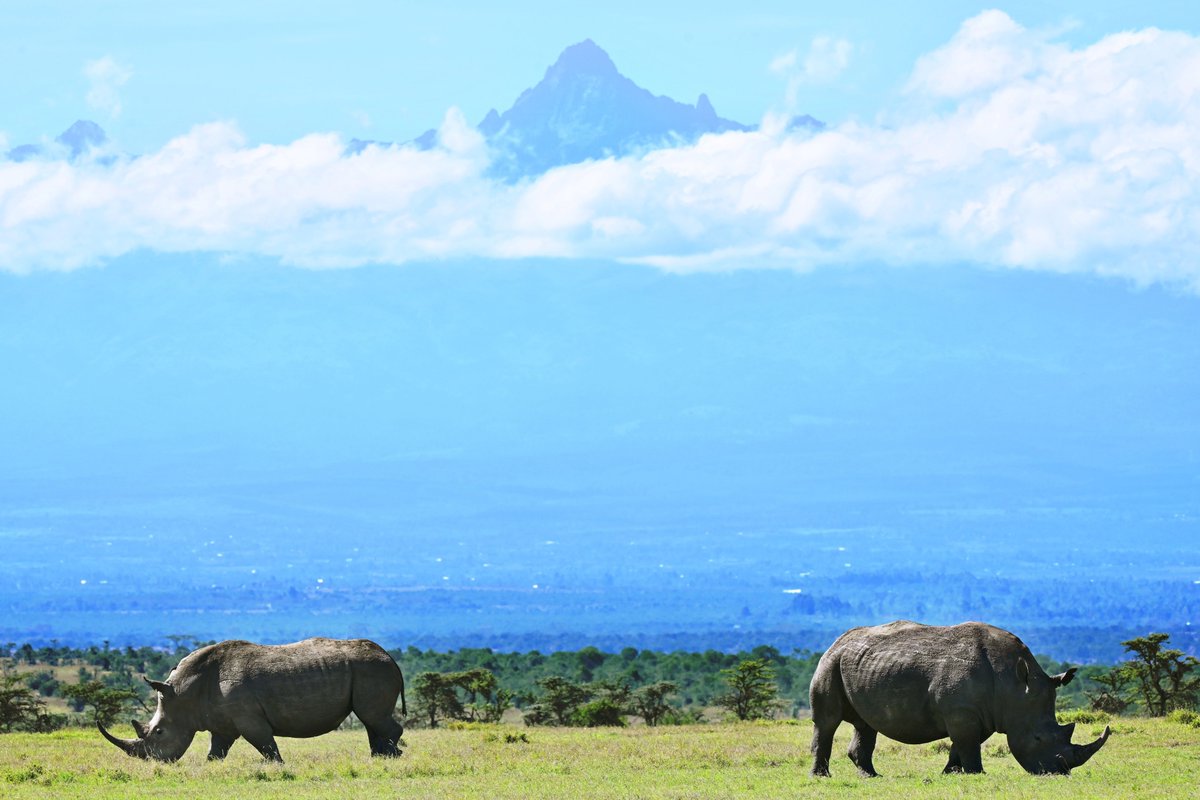
Recent surges of tourists in places such as Miami Beach have only added to worries that the end of Covid could mean a resumption of the old normal for communities beat down by too many visitors trib.al/7L5ymTd 
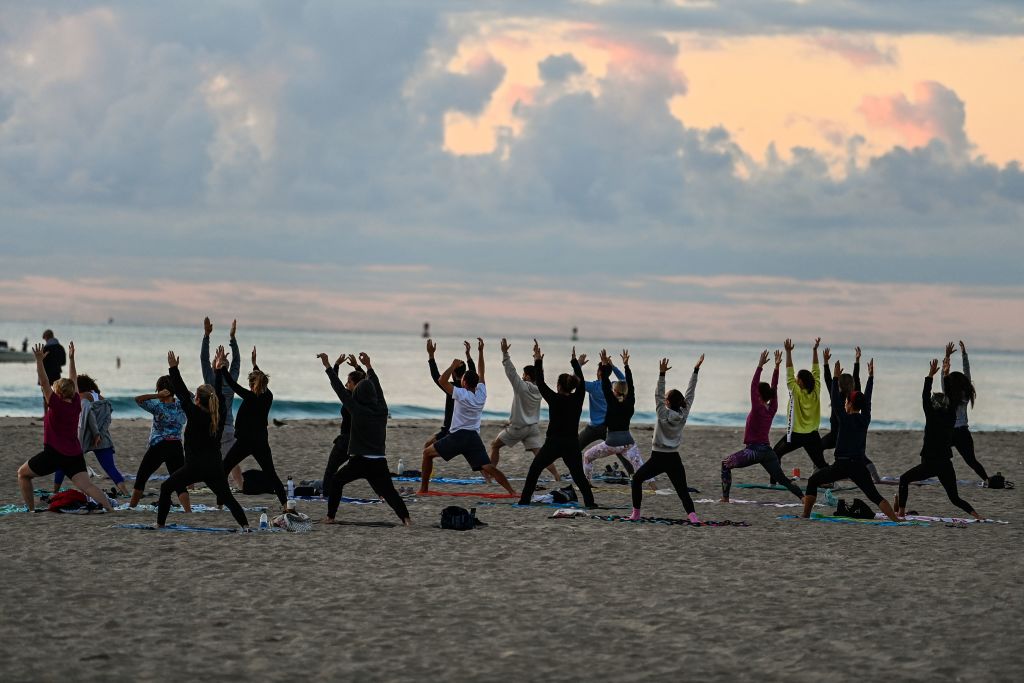
A first step to fixing overtourism should be reforming how to measure a “successful” tourist business.
Visitor numbers and GDP have been the gold standard.
But groups like the @UNWTO could establish new metrics that take sustainability into account trib.al/7L5ymTd
Visitor numbers and GDP have been the gold standard.
But groups like the @UNWTO could establish new metrics that take sustainability into account trib.al/7L5ymTd

✈️ Airlines and hotel chains could commit to sustainable tourism by:
➡️Reducing carbon emissions
➡️Improving waste management
➡️Investing in local communities trib.al/7L5ymTd
➡️Reducing carbon emissions
➡️Improving waste management
➡️Investing in local communities trib.al/7L5ymTd
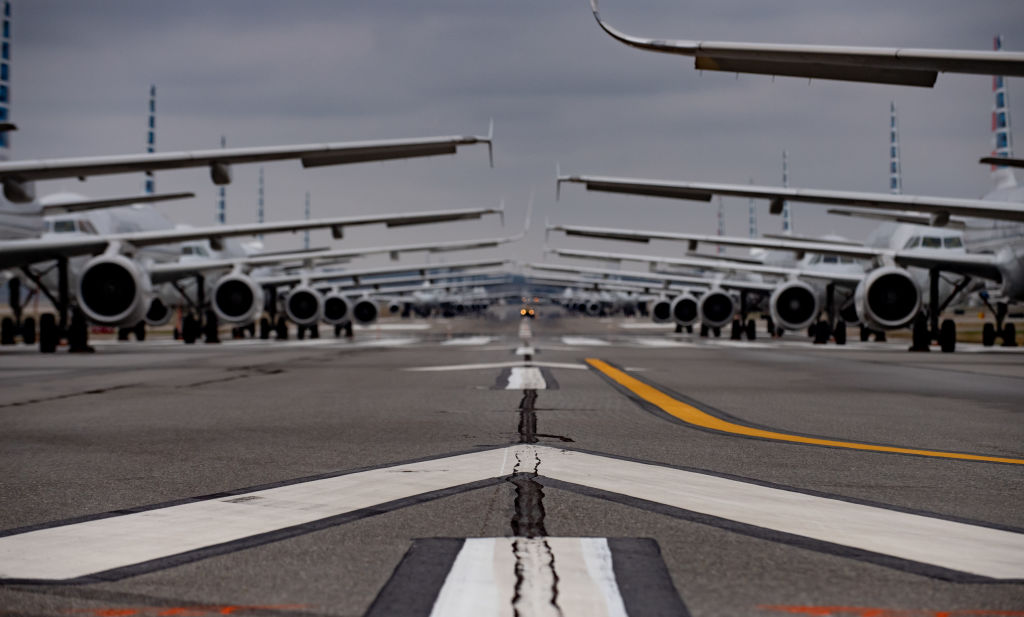
Businesses should recognize that harmful overtourism isn’t in their long-term interests.
Social-media sites should think of ways to educate their users about overtourism and discourage excessive crowds trib.al/7L5ymTd
Social-media sites should think of ways to educate their users about overtourism and discourage excessive crowds trib.al/7L5ymTd

Nobody wants a lecture about a post-Covid vacation.
But the message doesn’t need to be alienating: Traveling right just means thinking more like a local trib.al/7L5ymTd
But the message doesn’t need to be alienating: Traveling right just means thinking more like a local trib.al/7L5ymTd
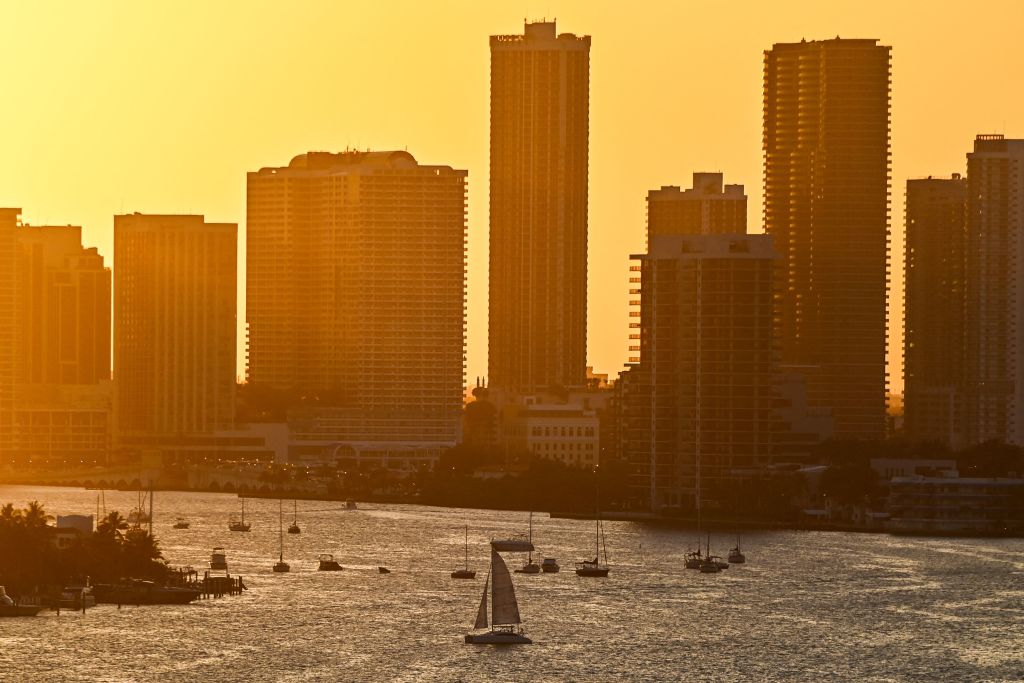
• • •
Missing some Tweet in this thread? You can try to
force a refresh






